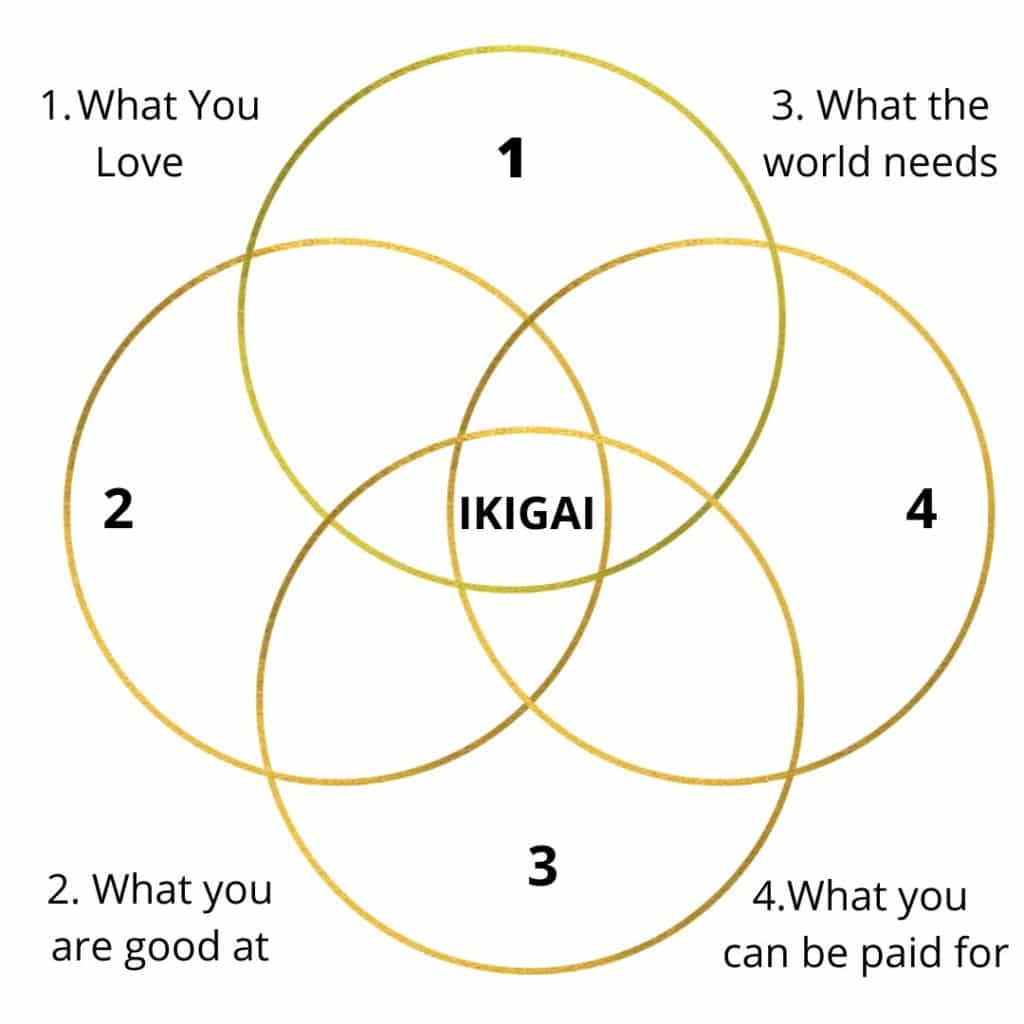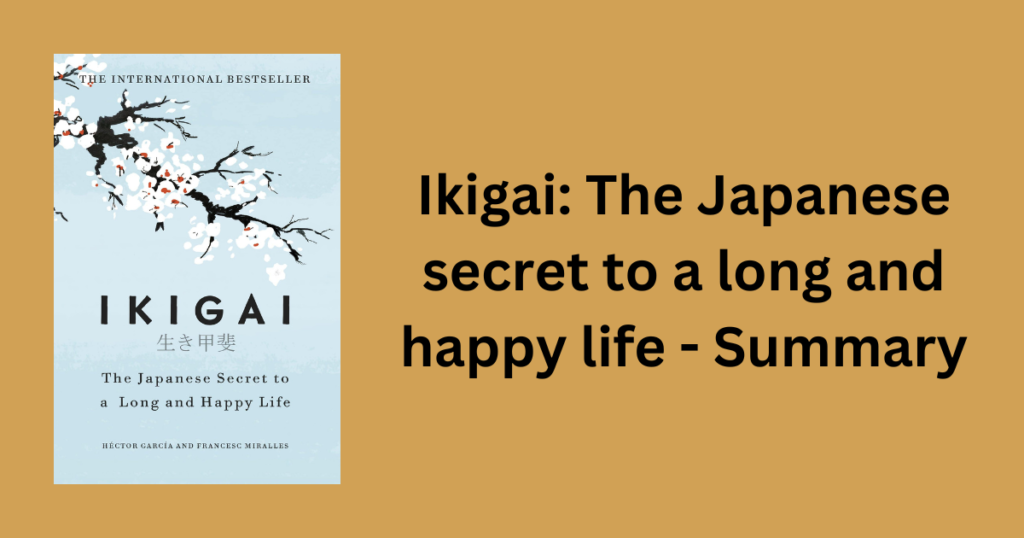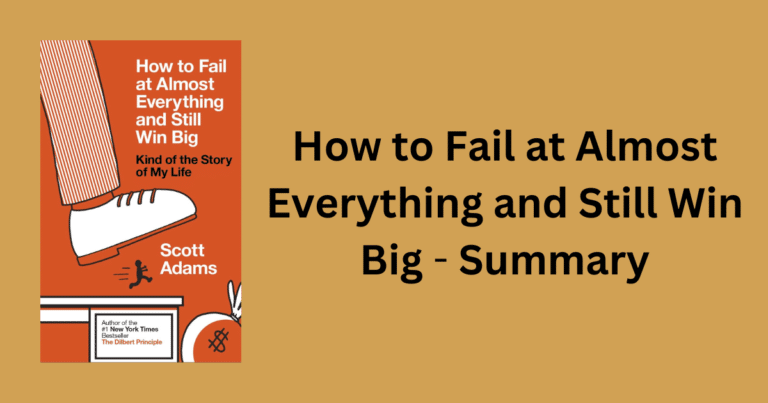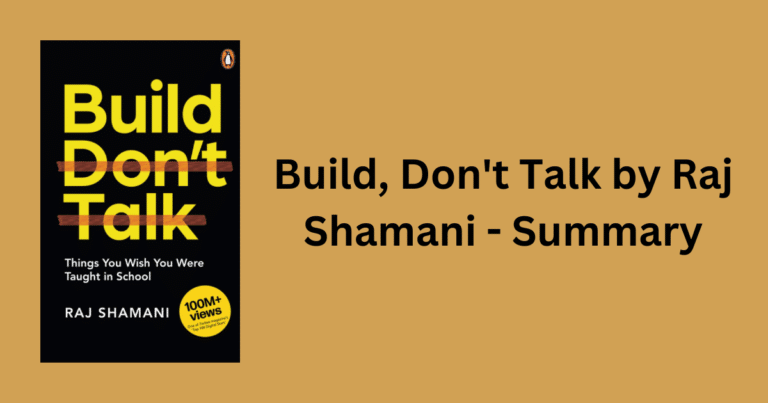Ikigai translates to life’s purpose. Iki means life and gai means benefit or purpose. Ikigai originates from the Okinawa islands in Japan. Okinawa is known to have the world’s oldest centenarians. Ogimi a village in Okinawa boasts the highest life expectancy rate in humans. It’s also known as the village of longevity.
Ikigai
Everyone’s trying to figure it out, but we end up ignoring the magnetic compass that’s built inside us, which points us in a specific direction. This voice is often drowned down by those around us and society at large. Our Ikigai is hidden deep inside each of us and finding it requires a patient search.
Ikigai represents a reason for being, having a direction of purpose, and making life worth living. Ikigai is the Japanese formula for happiness. Ikigai is at the intersection of what you’re good at and what you love doing.
If you’re not motivated when you get out of bed, you need to find your Ikigai. Ask what makes you alive and go after it. Our Ikigai is different for all of us, but one thing we have in common is that we are all searching for meaning.

How to Ikigai
The main prerequisites to handle while trying to find your Ikigai is to take care of your body and mind. A healthy body equals a healthy mind. In the words of Jim Rohn “Take care of your body. It’s the only place you have to live.”
The Japanese have a culture of belonging called Moai. It stands for connected for life and symbolizes looking after one another. It’s a tribal approach of community.
The Body breaks down faster during acute levels of stress. Stress is unavoidable but can be handled better. Our Modern life is mainly concerned with EDSO, be it the workforce or away from work. High stress leads to premature aging.
A lot of sitting will deteriorate the body as well. Sitting for long periods of time is not good. It leads to many ailments like osteoporosis and certain kinds of cancer. We need to move our bodies more and stay connected to nature.
Human Beings were not meant to sit in a chair and stare at a computer screen for long hours. We have evolved from hunting-gathering and moving to sitting for 7-8 hours, so clearly there is a problem with this activity.
A job is a regular form of employment and work is something you do for fun. It’s not going to be easy to find your Ikagi when you have a full-time job that’s when it’s important to focus on work between 5-9.
Going with the flow
The power of flow is an important component to achieve your Ikigai. Notice how when you were in class a minute felt like an hour and when you sit with a pretty girl for an hour, it seems like a minute now that is flow.
Flow is being so immersed in an activity that you fail to notice the time. When you are in flow, there are no distractions. Flow lies between starting out and mastery you have a good feel for the activity but you’re no expert.
Be Water, my friend.
Examples of people in flow
- Steve Jobs in japan- There’s no denying that Steve Jobs was a big fan of Japan. He got a lot of inspiration from the country and also adopted most of their methods when he founded Apple. Steve Jobs was however highly impressed by Yukio Shakunaga.
- Kim Soo-Nyung was just 17 years old when she won the 1992 individual Olympic gold medal in archery. When asked how she prepared, she replied that the most important part of her training was meditating for two hours each day. She was practicing the art of flow. Archery requires a lot of stillness and patience.
- There’s a great Netflix documentary Jiro Dreams of Sushi. Jiro has been making sushi for 80 years. Now living up to 80 in in of itself is a great deal. Imagine a man working on his craft for 80 years. The reason is clear: it was his Ikigai.
Important life lessons from the centenarians
Instead of regretting the past or fearing the future, it’s important to focus on the now, the present. “This moment exists only now and won’t come again.”
Powerful forces like materialistic things distract us daily and make us feel less connected with those around us. Materialistic things are great, but it’s not so great when they have control over us.
To sum it up, stay active, take it slow one day at a time, surround yourself with good positive people, get in shape, smile, reconnect with nature, live in the now and follow your Ikigai.








3 thoughts on “Ikigai: The Japanese secret to a long and happy life – Summary”
Thank you 🙏 love and light very inspirational and spiritual too
Thanks Simon I appreciate it.
Thanks mate, that was an insightful summary.